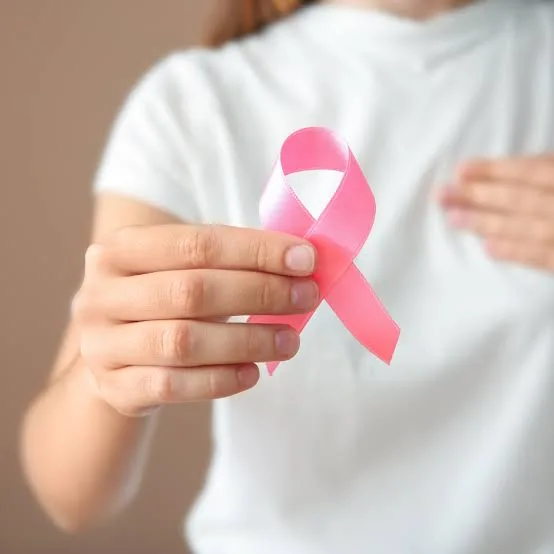In a significant and reassuring development for young breast cancer survivors, initial results from a major international study have provided strong evidence that breastfeeding does not increase the risk of cancer recurrence. The findings, from the POSITIVE trial, are a major breakthrough that challenges long-held medical concerns and offers new hope and options for the thousands of women who are diagnosed with breast cancer at a young age. The study is particularly relevant for those with hormone receptor-positive breast cancer, who often face complex decisions about pausing life-saving endocrine therapy to pursue pregnancy.
Headline Points:
* No Increased Recurrence Risk: The POSITIVE trial found no significant difference in breast cancer recurrence rates between women who breastfed and those who did not.
* Breastfeeding is Feasible: Despite past concerns about milk production and physical challenges, over 60% of women who gave birth after pausing their treatment were able to breastfeed for a significant period.
* Targeted Population: The study focused on women with hormone receptor-positive early breast cancer who temporarily stopped their endocrine therapy to become pregnant.
* A New Standard of Care: The early data is expected to help debunk long-standing myths and may lead to a shift in clinical guidelines, empowering breast cancer survivors to make more informed choices about motherhood.

* Longer Follow-Up Needed: While the initial results are highly promising, researchers and clinicians emphasize that longer-term follow-up is still necessary to confirm the safety over a longer period.
The POSITIVE (Pregnancy Outcome and Safety of Interrupting Therapy for Endocrine-Responsive Breast Cancer) trial is a global study that has been following hundreds of young women who were diagnosed with breast cancer and then chose to pause their anti-estrogen therapy to attempt pregnancy. One of the key questions the trial sought to answer was whether a subsequent pregnancy and the act of breastfeeding would increase a woman’s risk of the cancer returning.
The early data, presented at a recent medical conference and published in the Journal of Clinical Oncology, provides a clear and resounding answer: no. The proportion of women whose cancer returned or who developed a new breast cancer was similar in both the group that breastfed (3.6%) and the group that did not (3.1%). This finding remained consistent even after accounting for different types of surgery, such as a lumpectomy or mastectomy.
“For many years, the question of whether a woman can breastfeed after breast cancer has been a source of anxiety and uncertainty,” said Dr. Jennifer Litton, an oncologist at the University of Texas MD Anderson Cancer Center. “This data is a crucial first step in giving these women the reassurance they need to make the best decision for their families.”
Beyond the safety aspect, the study also provided important insights into the feasibility of breastfeeding for survivors. It found that nearly two-thirds of the women who gave birth after their diagnosis were able to breastfeed. The majority of those who had breast-conserving surgery chose to breastfeed from the unaffected breast, a practice that was shown to be highly successful. The median duration of breastfeeding was over four months, with more than half of the women continuing to breastfeed for that period or longer.
While these results are a cause for celebration, doctors are still exercising caution. They note that the study population was highly motivated and had the full support of their medical teams. They also stress that the findings apply specifically to women with hormone receptor-positive cancer who have temporarily paused their therapy and that the data is still considered “early follow-up.”
However, for a community that has long faced difficult choices between their health and their desire to have a family, the news is a monumental step forward. It suggests that with proper medical guidance, breast cancer survivorship can include the full, rich experience of motherhood, including breastfeeding.
